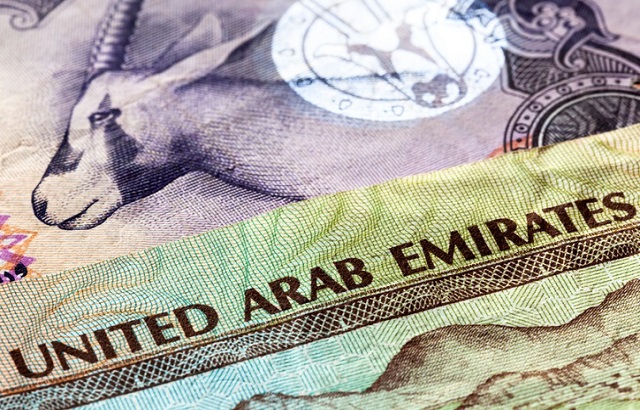There is good news that will delight wealth managers in the oil rich Gulf Cooperation Council (GCC) countries, particularly the UAE and Saudi Arabia.
Boston Consulting Group’s latest report, ‘Global Wealth 2021: When Clients Take the Lead’, outlines the prospects wealth managers have to grow their businesses.
First, the interesting figures and facts.
The UAE’s wealth management segment remained resilient and recorded growth in the face of the pandemic-induced economic slowdown.
Its financial wealth has grown by a compound annual growth rate of 3% from 2015 and about 70% of this financial wealth is investable wealth. Half of country’s wealth is owned by individuals whose net worth exceeds $5m (£3.6m, €4.2m).
The UAE, which represented 26% of the GCC’s financial wealth in 2020, is expected to witness strong growth of 4% CAGR to reach $700bn by 2025, a $100bn increase from 2020.
“The UAE’s individual financial wealth reached $600bn in 2020 despite the pandemic impacting the local economy. Although the pandemic posed many challenges, the UAE’s wealth segment has proven to be resilient in the face of adversity, hence the growth it has recorded,” Mustafa Bosca, managing director and partner at BCG, said in the report.
Globally, despite the covid-19 pandemic’s enduring financial impact, global wealth grew throughout the crisis and is likely to continue to expand significantly over the next five years in line with the emerging economic recovery.
The GCC’s financial wealth is forecast to reach $2.7trn in 2025 from $2.2trn in 2020.
Onshore asset allocation shows that equities and investment funds, at 47%, accounted for the largest portion of assets in 2020.
The allocation of onshore assets is set to change slightly by 2025, with currency and deposits expected to take the larger share of onshore assets amounting to 47% of the overall onshore asset class in the UAE.
Big role for UAE
The UAE is projected to play a much larger role in global wealth management. The country has the potential and the infrastructure to manage a much larger share of overseas wealth in the country.
“In the years ahead, we will see more global wealth getting managed in the country,” Bosca said in the report.
Saudi Arabia and the UAE together account for 71% of the financial wealth within the GCC with Saudi accounting for 45% of this followed by 26% by the UAE and 11% each by Qatar and Kuwait.
In the GCC, 66% of the financial wealth is held by millennials and cash represents 46% of this.
What is there for wealth managers?
The UAE is emerging as a leading cross-border wealth management centre with $500bn of overseas wealth managed in the country in 2020.
The country became the sixth largest offshore asset booking centre.
Switzerland, with $2.4trn in overseas wealth managed there, is the top global jurisdiction that attracted the largest chunk of foreign wealth, followed by Hong Kong, Singapore, the US and the Isle of Man.
Tailor offerings to local needs
“Nationwide wealth has been distributed to more members of the population, and, likely, client demands and expectations will also shift as wealth demographics continue to experience change,” Mohammad Khan, Partner at BCG, said in the report.
“As such, those responsible for local wealth management will be tasked with tailoring their offerings to local needs or younger wealth segments with heightened proactivity in due course.”
Target the young and rich
“Investment advisers have a good news in the form prospective clients, the next generation affluent and high net worth clients,” said Ajay Mehta, director, Vision Ventures.
“These individuals, between 20 and 50 years of age, have longer investment horizons, a greater appetite for risk, and often a desire to use their wealth to create positive societal impact as well as earn attractive returns.
“Wealth managers should be ready with their strategy to enroll these ultra-rich and young clients.”








